Mention compression socks in casual conversation, and you might find yourself surprised by some relatively strong opinions on the topic. You might hear the usual arguments against them, such as being an article of clothing for the elderly or how boring they look, but no doubt the most common complaint you'll hear is how uncomfortable they are to wear.
Many people who have worn compression socks for a period in their lives or tried to find them irritating soon stop wearing them because they can't tolerate them. Unfortunately, this is all too commonplace when it comes to compression socks. Some manufacturers seem more concerned with cutting corners and turning out poorly made socks, errors with size, and many other factors can create a sub-par pair that doesn't work correctly or feel comfortable.
If you can't stand wearing a pair of compression socks, then you can't gain any of the healthy benefits from wearing them. But have you ever wondered why your compression socks might feel uncomfortable? What is it about them that causes so many people discomfort?
Here are some of the top reasons why your compression socks might feel uncomfortable.
Painful to Wear
You or someone you know might have mentioned that wearing their compression socks became too painful to wear. Either they felt soreness around the back of their knees or elsewhere. A compression sock that is properly made and the right size should never be painful. If your compression socks hurt when you wear them, this is a sign of two things:
- Your compression socks are too small for you, or
- The compression is too firm for you.
To ensure you wear the right size of compression socks, take a new measurement of your legs—preferably first thing in the morning if you experience swelling, measure before the swelling occurs. Next, check to see what level of compression your socks are, and consider going lower.
It's always a good idea to speak to your health provider about what level of compression they recommend you wear. Also, try and identify where precisely your socks hurt.
- If you experience pain in your toes, try finding an open-toe style or consider using a compression sleeve.
- If the back of your knee hurts, check to see that your compression socks aren't bunching behind there. Also, consider trying a different style and length of compression sock, such as crew length.
Sliding
Have you ever had to stop in the middle of a walk or work shift because your compression socks can't seem to stop sliding down? If you experience compression sock sliding, this could indicate that your socks are too big. Occasionally, the swelling in our legs reduces, and the socks may become looser. If that's the case, you may want to have another pair in another size.
Additionally, if your compression socks begin sliding within a few months of wearing them, but they are the correct size—you may want to consider finding another brand of socks. Questionable materials and shoddy craftsmanship can lead to faulty compression socks that wear out far too soon.
Bunching Up
Much like sliding, have you found you've had to stop frequently when wearing your compression socks to pull them down because they've bunched up uncomfortably? This most likely indicates that they're too long for your legs. Compression stockings come in various lengths, and it is always good to try compression socks in multiple sizes to find the ones that fit and work for you.
Even When the Socks Fit, Your Legs Still Swell
Are your legs and feet still swelling even though you wear your compression socks correctly? If they cannot control the swelling, this may be a sign of a few things.
- You may not be wearing the right size compression sock. Too big a size means they are too loose to add any compression.
- If they appear to fit snugly and correct, persistent swelling may indicate your need for higher compression.
- If the compression and size are proper, consider speaking to your health care provider.
Too Difficult to Put On
You own a far too small pair if you cannot pull your compression socks over your foot or past your ankles. Remember to check the size and carefully measure your foot and legs to find the correct fit. You may also consider using a tool to help put on your compression socks.
Signs You Need Larger Socks
Signs and symptoms that your socks are too small:
- When taking off your compression socks at the end of the day, you notice visible bright red lines on your skin.
- You notice significant color changes to your skin when wearing compression socks
- Your compression socks hurt when worn.
- Your compression socks cut into the skin around your knee.
- The compression sock is too challenging to put on.
Right Size, but Still Feels too Tight?
Size and compression aligning for comfortable compression socks can be tricky, but almost every issue mentioned above generally no longer occurs once you get it right. However, if you get the compression wrong, even the most perfectly fitted socks can cause comfort issues, so we've gathered a few of the most common compression levels and what they are generally used for to help you further understand what compression might be proper for you:
- 8 to 15 mmHg is light compression. Even if you don't experience any medical issues such as lymphedema or vascular problems in your legs, this light pressure may help you feel less tired and more energized for those who stand on their feet or sit for most of the day. It's also an excellent compression level for preventing spider veins, small, damaged veins that can appear on the surface of the legs, more common in those who are pregnant.
- 15 to 20 mmHg is considered medium or moderate compression. This is the perfect compression for those who want to prevent DVT (deep vein thrombosis) during long segments of air travel. This range of compression can also prevent and provide relief of minor to moderate varicose and spider veins. 15 – 30 is also ideal for relieving tired, aching legs and swelling and is often used post-sclerotherapy.
When it comes to compression socks, we at Crazy Compression are dedicated to changing the compression world. We are committed to crafting the absolute best, most comfortable, colorful, and lifelong compression socks you'll ever need. Compression socks should always be comfortable for everyone! Ready to wear the best compression socks you've ever had? You've found the right place!

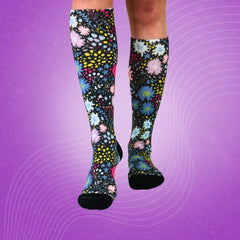
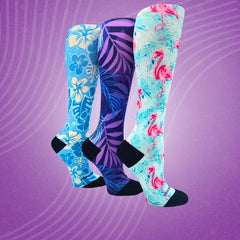
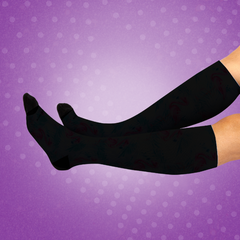
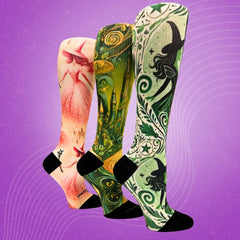
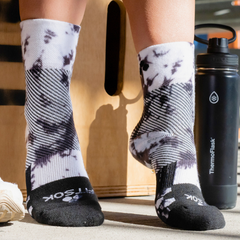
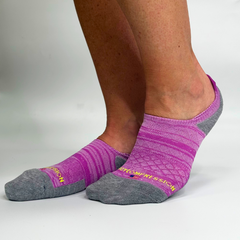
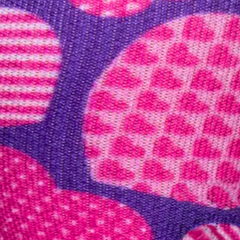
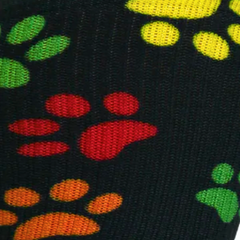
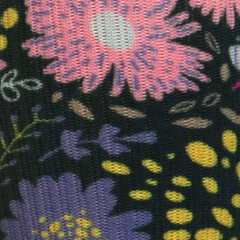

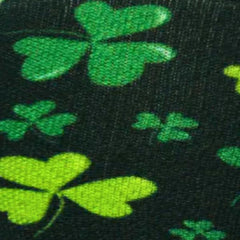
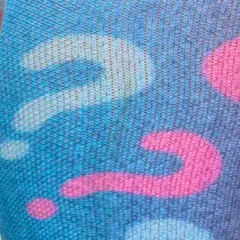
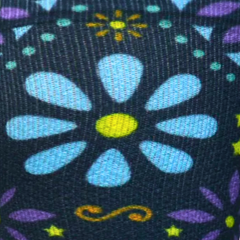

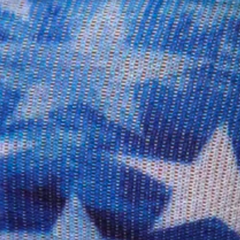
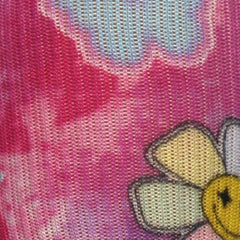

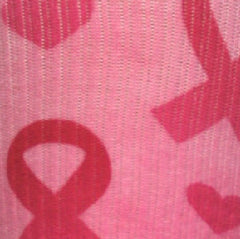
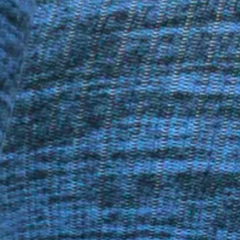
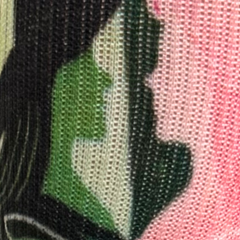
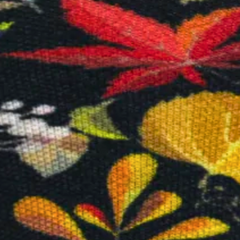



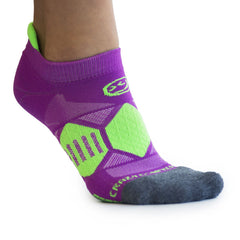

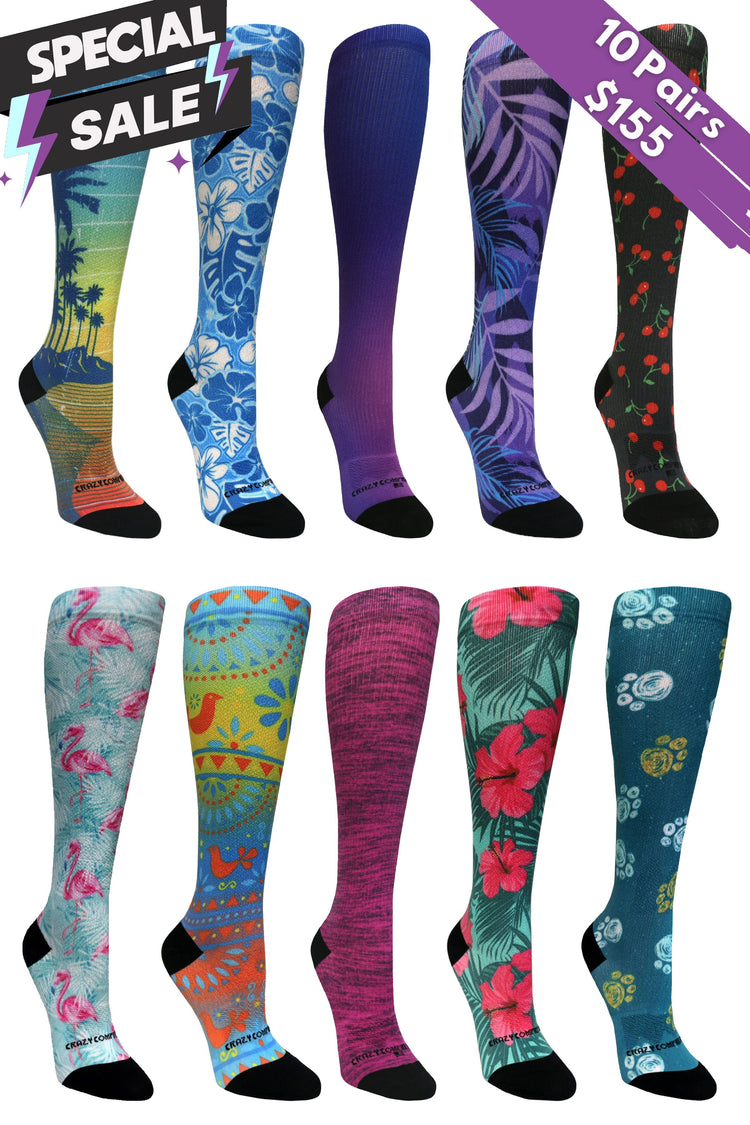



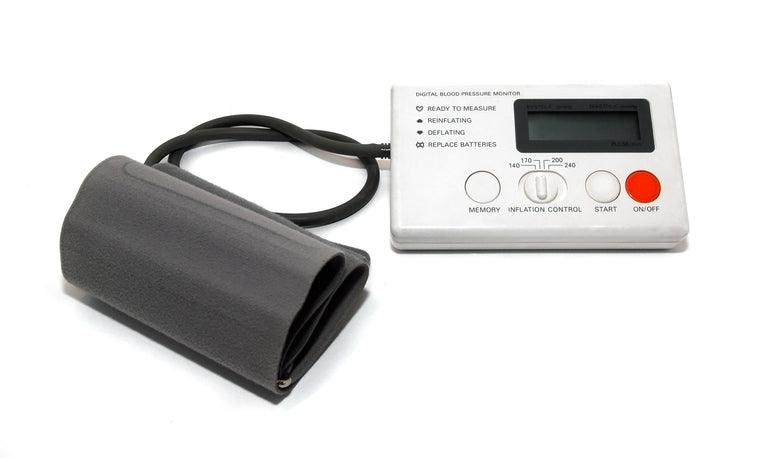

Leave a comment
This site is protected by hCaptcha and the hCaptcha Privacy Policy and Terms of Service apply.